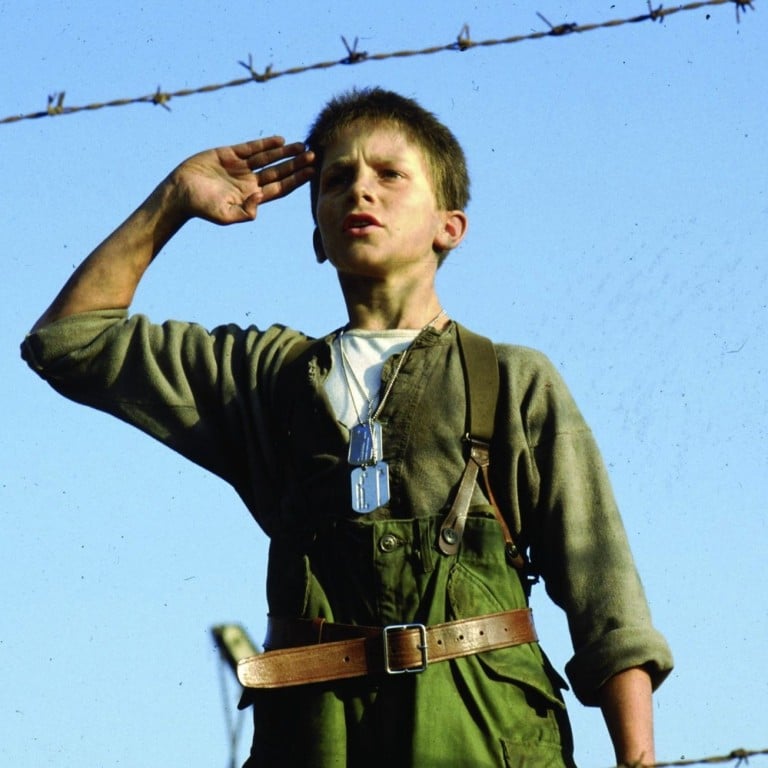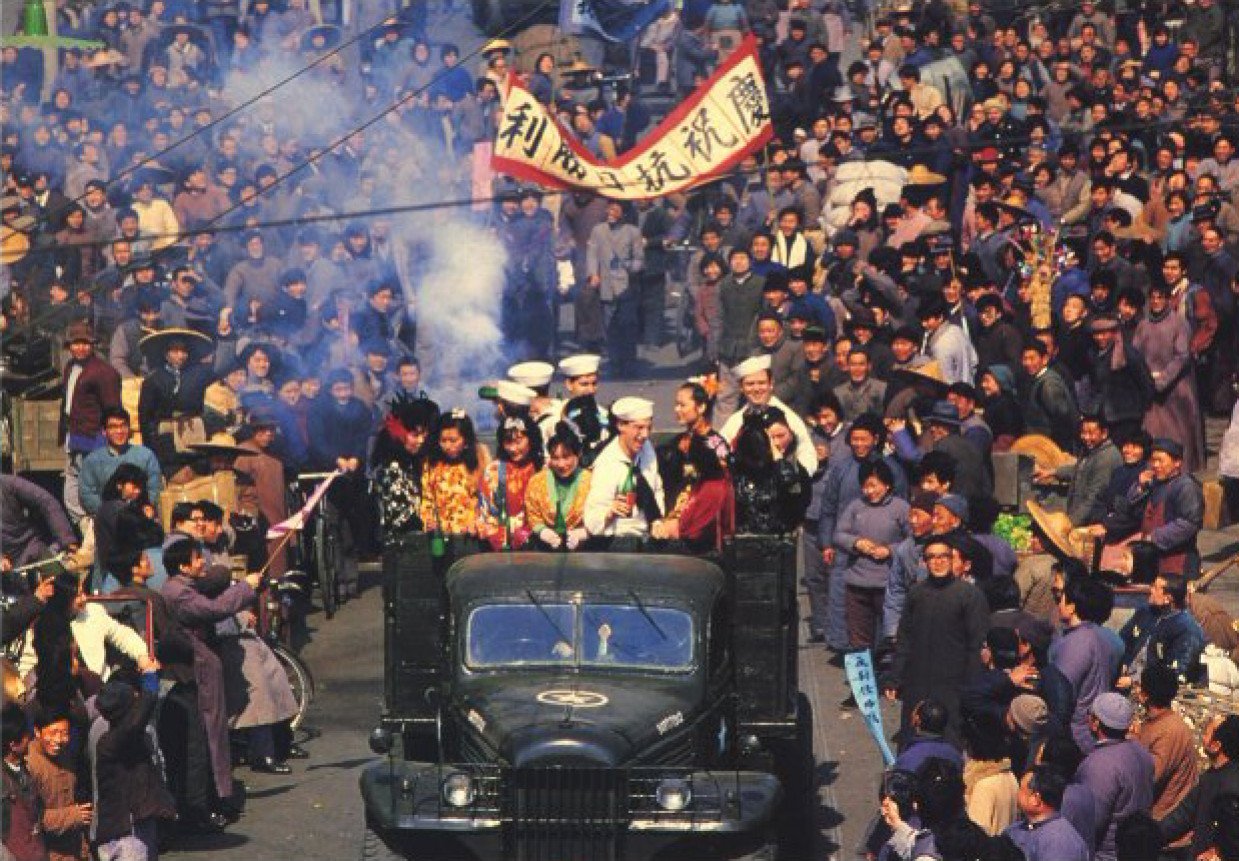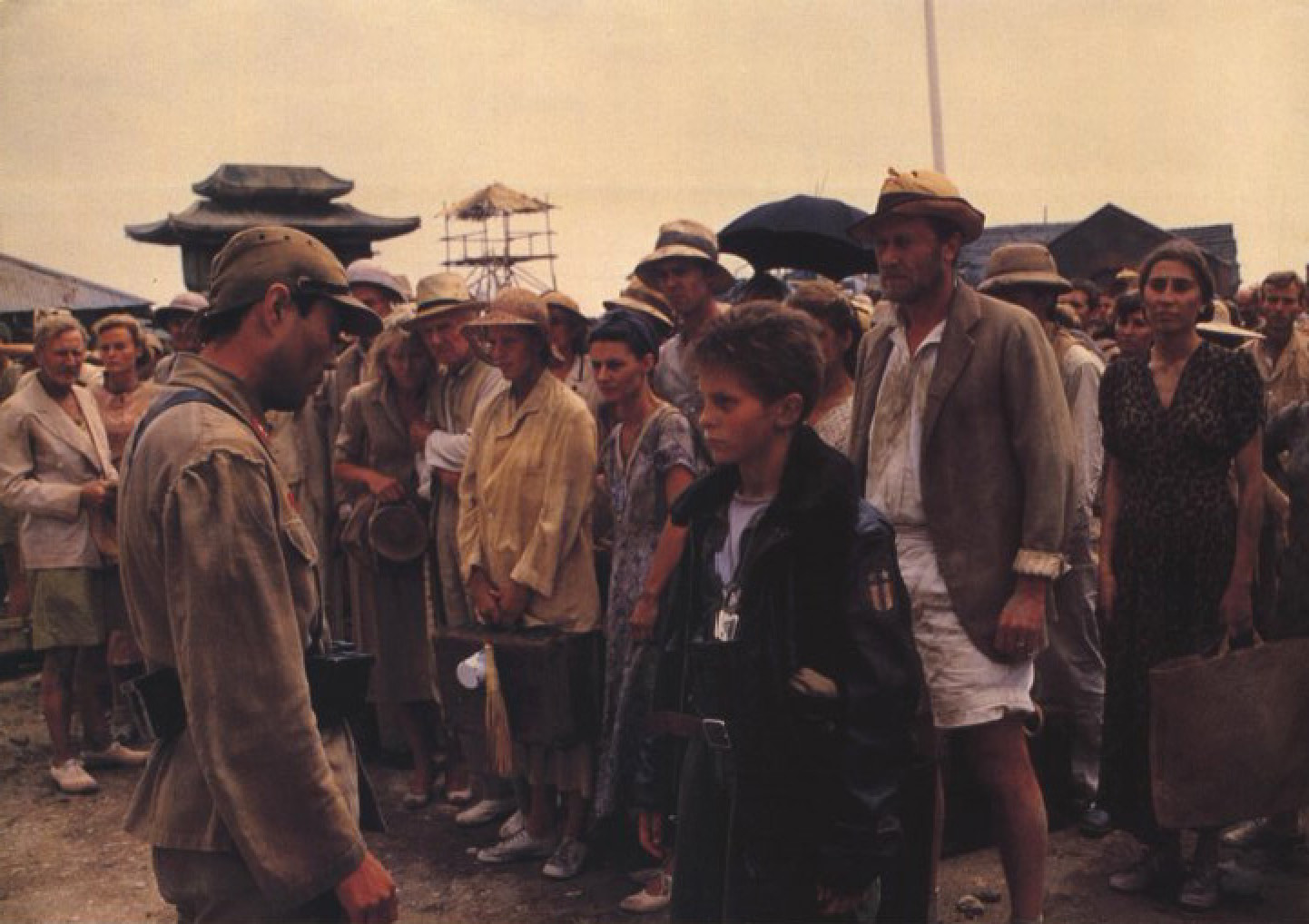
Steven Spielberg’s China-set Empire of the Sun – the first American film to be shot in Shanghai since the 1940s – forgot one important element: the Chinese
- The movie adaptation of J.G. Ballard’s novel starts strong but ultimately falls short, with questionable creative decisions rendering it dated
- Convincing depictions of war-torn Shanghai give way to overly sentimental scenes underscored by underrepresentation of Chinese, despite being shot in China
The year 1987 was pivotal for international co-productions. Two huge Western films grappling with the intricacies of Chinese history – and shot on Chinese soil – were released, and pitted against each other at the Oscars.
Based on J.G. Ballard’s 1984 novel of the same name, Empire of the Sun tells the story of English schoolboy Jim Graham (a young Christian Bale), who grows up in Shanghai’s International Settlement expat community. “We’re awfully lucky aren’t we?” he muses, “Living here and having everything.”
In 1941, however, the Japanese occupation of China turns his world upside down. While trying to escape the city, Jim is separated from his parents and is forced to fend for himself, first on the war-torn streets, and later in a POW camp.
Perhaps because of Spielberg’s involvement, the film received unprecedented cooperation from Shanghai Film Studio and the China Film Co-Production Corporation – two of China’s biggest film enterprises – to become the first American film to be shot in Shanghai since the 1940s.
The authorities closed down entire blocks in the old financial district and helped supply 5,000 extras, some of whom were old enough to remember the events they were recreating.
How Jackie Chan’s The Forbidden Kingdom became a ‘Crouching Tiger for kids’
It is no wonder the early crowd scenes are the best in the movie. The first sees Jim and his parents, donning fancy dress, glide past a busy checkpoint in the family car. Compared to the cloistered calm of the Settlement, the real Shanghai is noisy and nightmarish, full of shouting locals and slaughtered chickens.
The second crowd scene shows the chaotic evacuation, with Jim lost in a sea of bodies in the smoke-filled streets, and Japanese tanks running over cars – an image that has become more chilling with time.
Unfortunately, the film gets less convincing. Spielberg has a wonderful eye for surreal imagery: Jim in his Ali Baba costume facing down a troop of soldiers; a woman playing the grand piano in a field of confiscated cars and chandeliers; the flash of light Jim thinks is an angel, but is actually the atomic bomb destroying Hiroshima.

But there’s also a sense that Spielberg and screenwriter Tom Stoppard haven’t quite grappled with the source material’s problems. Jim is rather spoiled, and watching him being broken by the machinery of war isn’t as moving as they seem to think.
Perhaps wary of making a complete downer, Spielberg finds some fun in the POW camp scenes, as Jim wheels and deals in an unconvincing wig. There are also a few cheesy moments, like when Jim is saluted by American servicemen, and when he sings Suo Gân, a Welsh folk song, to some Japanese airmen.
But Spielberg’s strangest decision is to bite the hand that feeds him by ignoring, or othering, all the Chinese characters. Jim’s servant slaps him, a street kid steals his shoes, and there’s a nice but anonymous chauffeur, but few of these characters are named, and the rest of the Chinese cast are little more than window dressing.

This is in contrast to the Japanese, who are given grudging respect for their bravery, and a bye for their brutality. Perhaps it’s this imbalance that meant The Last Emperor won nine Oscars from nine nominations, and Empire of the Sun won zero from six.
It certainly wouldn’t fly today, when the price of co-production is painting China in a flattering light, rather than not at all. Maybe David Lean had the right idea after all.

